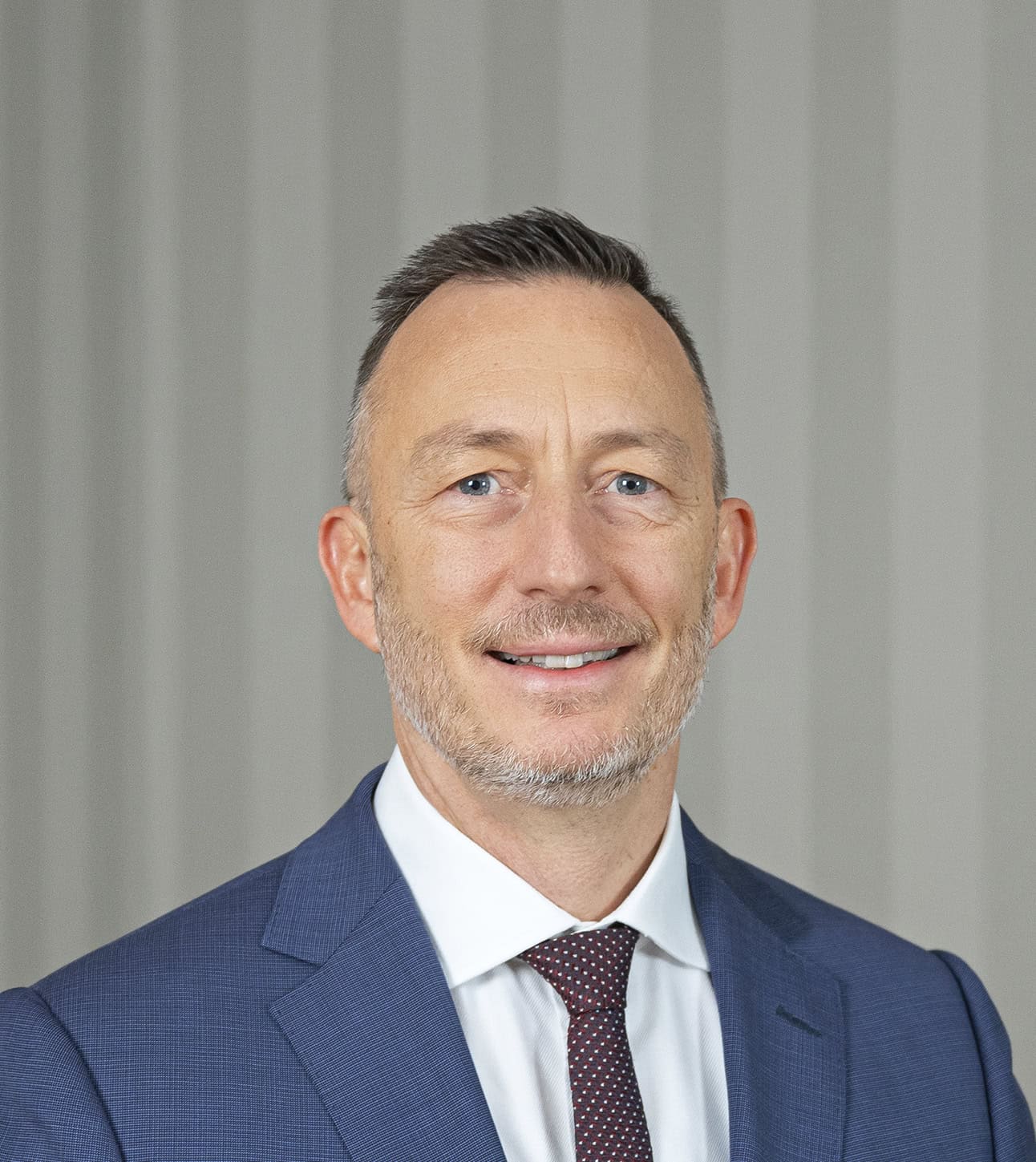Daniel Wild, chief sustainability officer at J. Safra Sarasin, shares how wealth managers meet clients’ sustainability goals.
Global Finance: How has sustainable investing evolved as an aspect of long-term wealth planning?
Daniel Wild: Sustainable investing has become a core component, with the approach becoming increasingly nuanced to reflect clients’ goals. Today, it encompasses a broad spectrum of ambitions, from climate resilience to social equity, requiring tailored solutions that align with each client’s values. As sustainability considerations become mainstream, sustainability-focused banks need a distinct value proposition, emphasizing a well-defined, differentiated approach in an evolving landscape. J. Safra Sarasin has developed tools to provide clients with full transparency on their investments and create solutions that respect their individual preferences.
GF: How is it shaping generational wealth transfer?
Wild: Stability is and always has been at the core of wealth transfer, providing a foundation for enduring legacies. A 360-degree view of investments is essential, examining them from various angles including sustainability and impact. The need for comprehensive analysis becomes more critical as climate-related risks and regulations, like carbon taxes or emissions trading systems, become more common globally.
For instance, evolving carbon tax frameworks in the EU, Canada, and the UK add tangible costs to emissions, directly impacting company valuations and investment stability. The new generation pay more attention to the non-financial outcomes of their investment portfolios, whether through environmental or social contributions, while maintaining market returns. Sustainable investing is both a values-driven choice and a financial necessity under increasingly complex regulations.
GF: How crucial is it for banks to develop proprietary models for sustainable investing?
Wild: Our value to clients lies in our approach to using environmental, social, and governance (ESG) data to improve transparency and develop proprietary tools for sustainable investing, rooted in strong convictions and extensive knowledge. While ESG data is becoming a commodity, the real value comes from transforming the data into information that enhances decision-making and supports clients’ goals. Proprietary models ensure innovation and create a full range of market solutions matching clients’ preferences.
These tools cannot replace governmental accountability, which establishes comparable standards and internalizes the external costs of business activities, such as carbon emissions. Government action and solution development within the financial sector need to go hand in hand for a successful transformation. There’s no specific region where proprietary tools play a more critical role than in others; the differences lie in the focus areas. In some countries, regulatory pressures make the net-zero transition a primary concern, necessitating detailed climate data and transition analysis.
Meanwhile, other regions show greater public awareness of themes like biodiversity or social impact, requiring specialized data and analysis.
GF: How can technology like artifical intelligence (AI) and big data support the growth of ESG accounting in private banking?
Wild: They offer benefits in handling vast amounts of information quickly and efficiently, including unstructured data and natural language processing. AI streamlines the analysis of company sustainability reports, which helps us evaluate disclosures more comprehensively.
However, AI has not replaced skilled analysts; while it accelerates data processing, qualitative insights and expertise remain crucial. AI is in its early stages, with frequent errors, but its potential to complement human analysis is significant.
GF: How can private banks maintain close-knit service offerings while scaling globally?
Wild: Scaling effectively means focusing on core strengths while remaining adaptable to individual client needs. This is a delicate balance; growth is essential, but private banking thrives on personalization and agility in meeting each client’s needs. By strategically scaling expertise, we ensure global expansion without compromising the personalized service that defines private banking. This requires the development of internal tools and technology combined with staff education, delivering personalized services efficiently while managing necessary processes and data in the background.




